What to Eat When You Don't Feel Like Eating With CKD
We have all been victim to that feeling of needing to eat but just not feeling hungry. This can especially be a problem when you are trying to follow a renal diet and need to keep up your energy and appetite to feel your best.
In this article, we will discuss renal-friendly foods to eat when you just don’t feel like eating, what causes this loss of appetite among those with kidney disease, and how to gain back your appetite and hunger levels.
Jump to:
- Key Takeaways
- Understanding CKD and Appetite Loss
- Importance of Nutrition in CKD
- The Role of Renal Diet
- Coping With CKD-Induced Fatigue
- Practical Tips for Eating With No Appetite
- Renal-Friendly Foods Choices
- Easy-to-Prepare Meals for CKD Patients
- Navigating Soup and Pasta Options
- Frequently Asked Questions
- It’s Not Uncommon To Be Tired And Lose Your Appetite On A Renal Diet
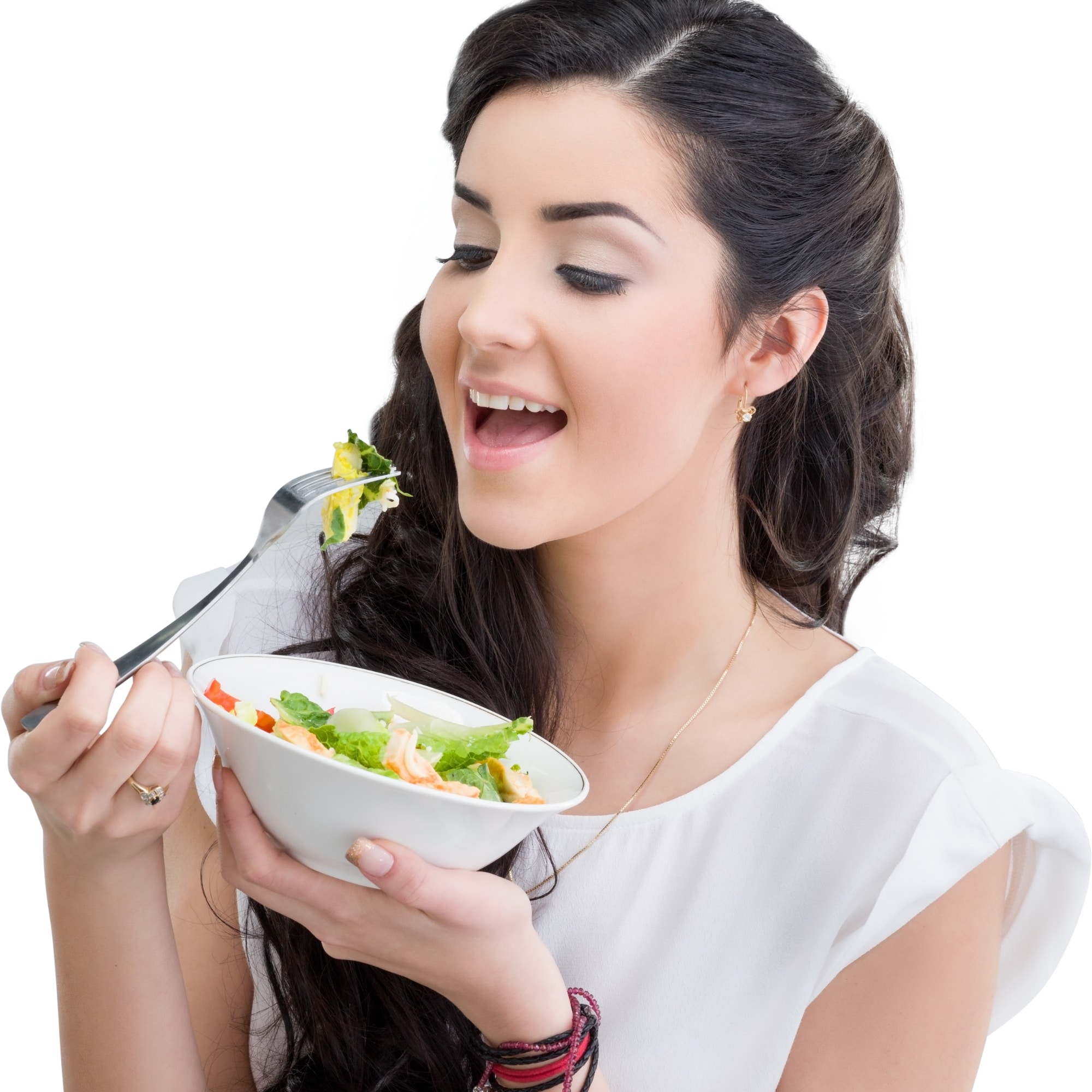
Key Takeaways
- Signs of malnutrition in CKD can include unintentional weight loss, muscle wasting, weakness, fatigue, reduced appetite, and nutrient deficiencies.
- You might experience brittle nails, dry skin, or delayed wound healing.
- Protein-energy wasting is common, leading to compromised overall health.
- Regular monitoring by a health care provider and consultation with a registered dietitian are essential to address these signs, prevent further complications, and develop a personalized nutritional plan to manage CKD effectively.
- Managing malnutrition is crucial for preserving kidney function and overall well-being.
For More Recipes and Ideas --->> Get Your Free Meals and Recipes That Are Perfect for Pre-Dialysis Diets, Pre-Dialysis with Diabetes, or Dialysis Diets.
Understanding CKD and Appetite Loss
When you're dealing with Chronic Kidney Disease (CKD), it's common to experience a loss of appetite. This decline in hunger is often due to the accumulation of toxins in your body, which can make food seem less appealing.
However, maintaining a healthy diet is critical for managing your symptoms and promoting kidney health, so let's explore how to navigate this challenge.
CKD Impact on Appetite
Chronic Kidney Disease often leads to a loss of appetite, which can be challenging for several reasons. CKD disrupts the body's balance of electrolytes, leading to elevated levels of waste products like urea and creatinine.
These toxins can cause inflammation and damage to the gastrointestinal lining, leading to nausea, unpleasant taste changes, and altered smell perception. Additionally, people with kidney disease may experience metabolic abnormalities, including insulin resistance, which can affect glucose regulation and appetite.
The loss of appetite can be problematic as it exacerbates malnutrition, contributing to muscle wasting and weakness. Nutritional deficiencies can further weaken the immune system and delay the body's ability to repair itself.
Patients may also struggle to adhere to dietary restrictions necessary for managing CKD, as they may find it challenging to maintain a balanced diet. Addressing these issues often requires close monitoring, dietary modifications, and potential medical interventions to mitigate the adverse effects of CKD on appetite and overall health.
Managing Appetite Loss
Managing loss of appetite in Chronic Kidney Disease requires a comprehensive approach to ensure proper nutrition and overall well-being. Tailoring your daily diet to individual CKD stage and needs, while adjusting protein, sodium, potassium, and phosphorus intake, is crucial.
Medications like anti-nausea drugs and appetite stimulants may help alleviate symptoms. Nutritional supplements can fill gaps and preserve muscle. Adequate hydration and fluid balance management are vital. Using herbs and spices to enhance flavor can counter taste changes common in CKD.
Addressing emotional well-being and seeking support for depression or anxiety is essential. Regular monitoring by healthcare professionals and dietitians is necessary for adjusting the management plan as needed, ensuring the patient's health and well-being. Collaborative efforts are key to effectively managing appetite loss in CKD.
Importance of Nutrition in CKD
Maintaining good nutrition is crucial when managing Chronic Kidney Disease. Your dietary choices can significantly impact your kidney health and overall wellbeing.
Let's explore how you can meet your nutritional needs and manage CKD effectively through diet.
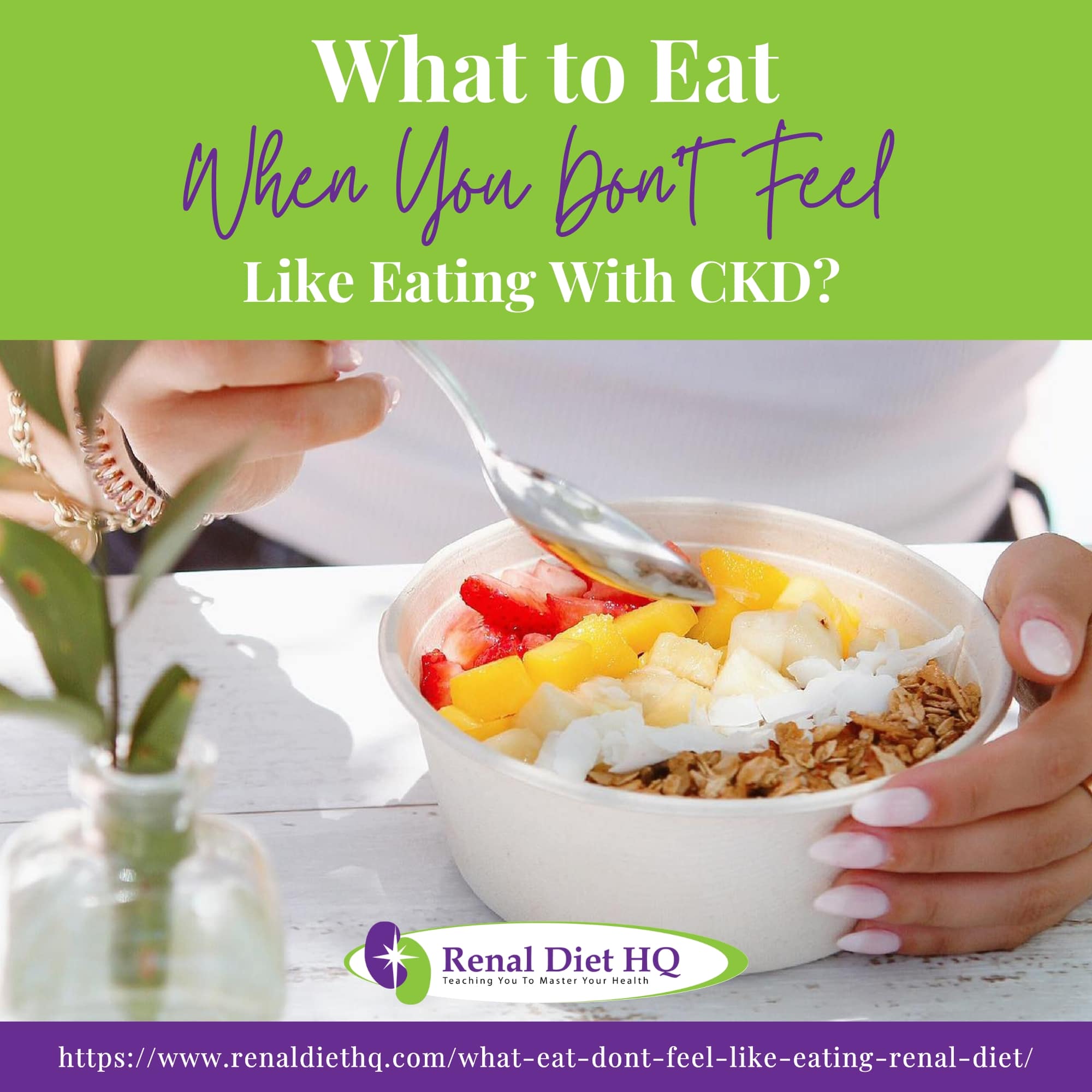
CKD and Nutritional Needs
Chronic Kidney Disease presents unique nutritional needs due to the kidneys' impaired filtration and regulation functions. Individuals with CKD must closely monitor their dietary choices.
Managing protein intake is essential, as excess protein can lead to the accumulation of waste products, such as urea and creatinine, which the kidneys struggle to eliminate. Controlling salt intake, potassium, and phosphorus is crucial to prevent electrolyte imbalances that can harm the heart, bones, and other vital organs.
Nutrition plays a pivotal role in CKD management for several reasons. First, it helps slow the progression of the disease, preserving kidney function. Proper nutrition also addresses complications like hypertension, anemia, and bone disease commonly associated with CKD.
Moreover, it supports overall health, reduces the risk of complications, and improves the patient's quality of life. A well-balanced diet tailored to individual CKD stages is a cornerstone of effective CKD management.
Managing CKD With Diet
Diet plays a critical role in Chronic Kidney Disease management due to the direct impact on kidney function and overall health.
A carefully planned diet helps control levels of waste products like urea and creatinine, which the impaired kidneys struggle to filter out. It regulates the balance of essential nutrients, including protein, sodium, potassium, and phosphorus, preventing electrolyte imbalances that can harm the heart and bones. Proper nutrition can also manage complications like hypertension, anemia, and bone disease commonly associated with CKD.
Furthermore, it aids in maintaining a healthy weight and reducing the risk of metabolic disorders. Overall, diet is a cornerstone of CKD management, not only preserving kidney function and delaying disease progression but also improving the patient's quality of life and well-being.
The Role of Renal Diet
Managing your CKD effectively involves understanding the crucial role of a renal diet.
This diet, specifically designed for kidney health, can help control the buildup of toxins and manage your symptoms, even when your appetite is low.
It's not just about what you eat, but also about adapting your eating habits and choices to meet your body's needs.
Renal Diet Importance
A renal diet, also known as a kidney-friendly diet, is a specialized nutritional plan designed to meet the unique dietary needs of individuals with Chronic Kidney Disease. This diet is essential in CKD management due to its significant impact on kidney function and overall health.
The renal diet carefully regulates the intake of key nutrients like protein, sodium, potassium, and phosphorus. It aims to reduce the accumulation of waste products in the blood and maintain the balance of electrolytes, lessening the strain on impaired kidneys. By doing so, it helps slow the progression of CKD, preserves existing kidney function, and delays the need for more invasive treatments like dialysis or transplantation.
The renal diet also plays a crucial role in managing complications often associated with CKD, including hypertension, excess fluid retention, anemia, and bone disorders. Overall, it is a cornerstone of CKD management, enhancing both kidney health and the patient's quality of life, while reducing the risk of further health complications.
Dietary Recommendations Adaptation
Often, you'll need to adapt your dietary recommendations to cope with the challenges of CKD and maintain your overall health. Understanding appetite loss, managing nutritional needs, and coping with fatigue are all critical aspects of this adaptation. Here are some practical eating tips and meal planning strategies to help:
| Challenge | Strategy | Example |
| Appetite loss | Eat small, nutrient-dense meals | A handful of nuts, a piece of fruit |
| Nutritional needs | Include renal-friendly foods | Low sodium, low phosphorus foods |
| Fatigue | Opt for easy-to-prepare foods | Pre-cut veggies, prepared meals |
| Lack of variety | Try new kidney-friendly recipes | Explore renal diet cookbooks or websites |
| Meal planning | Plan ahead, consider batch cooking | Cook in bulk, freeze in portions |
Coping With CKD-Induced Fatigue
Dealing with fatigue caused by Chronic Kidney Disease can be challenging. However, certain dietary adjustments can help you manage this fatigue more effectively.
In the next part of this discussion, we'll explore energy-boosting snacks and diet modifications that you can adopt to combat CKD-induced fatigue.
Diet Alterations for Fatigue
Fatigue is a common symptom in Chronic Kidney Disease due to several interrelated factors.
One primary cause is anemia, often observed in people with kidney disease. The kidneys produce erythropoietin, a hormone that stimulates red blood cell production. In CKD, this function is impaired, leading to reduced oxygen-carrying capacity in the blood and subsequently causing fatigue.
Additionally, the accumulation of waste products like urea and creatinine in the bloodstream can lead to feelings of weakness and exhaustion.
Dietary modifications can help manage fatigue in CKD. First, controlling protein intake is essential to minimize the production of waste products. Adequate protein is still necessary, but it should be carefully tailored to individual stages of kidney disease.
Secondly, managing anemia is crucial. Iron-rich foods and foods high in vitamin B12 and folic acid can support red blood cell production. Ensuring adequate fluid balance and avoiding dehydration is also vital for combating fatigue.
Moreover, with adequate complex carbohydrates can provide sustained energy. However, it's essential to consult a healthcare provider or dietitian for personalized dietary recommendations, as nutritional needs can vary greatly among CKD patients.
Proper dietary management can alleviate fatigue and improve the overall quality of life for individuals living with CKD.
Energy-Boosting Snacks Recommendation
You'll find that incorporating certain energy-boosting snacks into your daily routine can significantly help manage CKD-induced fatigue. These snacks, part of your appetite loss management strategy, can provide needed nutrients when full meals seem daunting. Try fresh fruits, vegetables, or small servings of lean protein.
Nutritional supplements, such as protein shakes or bars, can also be helpful. Just remember to keep within your limits if you have protein restrictions.
While coping with fatigue, remember to keep your snacks accessible and easy to eat. This way, even when you're feeling tired, you're still getting essential nutrients.
Lastly, meal planning strategies can be a lifesaver. Prepare your snacks in advance when you have more energy to ensure you always have something ready to eat.
Practical Tips for Eating With No Appetite
When dealing with no appetite due to CKD, it's crucial to strategize your meals. With the right planning and nutrient-rich food choices, you can ensure you're getting the necessary nutrients.
Even when you're not hungry, remember, proper nutrition is essential to manage your CKD symptoms and maintain overall health.
Meal Planning Strategies
Meal planning for individuals with Chronic Kidney Disease should focus on optimizing nutrition while addressing poor appetite.
Smaller, more frequent meals can make eating less daunting and help meet calorie and nutrient needs. Selecting nutrient-dense foods, including lean proteins, whole grains, and healthy fats, ensures that every bite counts. Enhancing flavors with herbs, spices, and low-sodium seasonings can counter taste changes often seen in CKD.
Monitoring portion sizes prevents overeating and helps control calorie intake. Limiting high-phosphorus and high-potassium foods reduces potential gastrointestinal distress and appetite issues. Staying well-hydrated is essential, but fluid intake may need to be restricted based on individual CKD stages and recommendations, especially at End Stage Kidney Disease.
Consulting a registered dietitian is invaluable for personalized meal planning, addressing specific appetite concerns, and ensuring that the dietary approach aligns with CKD management goals.
Nutrient-Rich Food Options
Managing appetite loss in Chronic Kidney Disease requires nutrient-rich foods that are appealing and supportive of overall health. Here are some options:
- Lean proteins: Include sources like skinless poultry, fish, and egg whites, which provide essential amino acids to support muscle and tissue repair.
- Complex carbohydrates: Opt for whole grains like brown rice, quinoa, and oats, providing sustained energy and fiber to aid digestion.
- Healthy fats: Incorporate sources such as avocados, nuts, and olive oil, which offer calorie-dense options to prevent malnutrition.
- Fruits and vegetables: Choose those lower in potassium and phosphorus, like apples, berries, and cauliflower, to avoid appetite-suppressing electrolyte imbalances.
- Dairy or dairy alternatives: Consume moderate amounts of low-phosphorus dairy or fortified non-dairy products for calcium and protein.
These nutrient-rich options can help manage appetite loss while supporting overall nutritional requirements for individuals with CKD. Consulting a dietitian is essential for personalized dietary guidance.
Renal-Friendly Foods Choices
When managing CKD, it's crucial you make kidney-friendly food choices. Opt for meals low in excess salt, as high sodium intake can further damage your kidneys.
Always remember, your diet can significantly impact your CKD management, so consult with your healthcare provider for personalized meal recommendations. Sometimes soups are just what you need, so try our Southwest white bean chili, it's designed to make in small amounts and be easy to store.
Choosing Kidney-Friendly Meals
Selecting kidney-friendly meals is essential for effective kidney disease treatment. Consider these guidelines:
- Control portion sizes: Monitor portion sizes to prevent overeating and reduce the intake of nutrients that should be limited, such as protein, sodium, potassium, and phosphorus.
- Choose lean proteins: Opt for lean sources like poultry, fish, and egg whites to minimize phosphate levels while meeting protein needs.
- Limit sodium: Reduce high-sodium ingredients and seasonings, using herbs and spices to add flavor without increasing sodium levels.
- Opt for whole grains: Choose whole grain options like brown rice or whole wheat pasta for added fiber but ensure portion control to avoid excess phosphorus.
- Manage potassium: Consume lower-potassium fruits and vegetables, and leach high-potassium items to reduce their potassium content.
- Consult a dietitian: Collaborate with a registered dietitian experienced in CKD to create a personalized meal plan that aligns with specific dietary restrictions and nutritional goals, ensuring effective CKD management.
Avoiding High Sodium Foods
Avoiding high-sodium foods is crucial in managing Chronic Kidney Disease. Excess sodium can lead to fluid buildup, elevated blood pressure, and further kidney damage. To reduce sodium intake:
- Read labels: Check food labels for sodium content and choose low-sodium or sodium-free products.
- Fresh over processed: Opt for fresh, whole foods like fruits, vegetables, and lean proteins, as they naturally contain less sodium than processed or canned alternatives.
- Limit processed foods: Cut back on processed and fast foods, which are often loaded with hidden sodium.
- Watch condiments: Be cautious with condiments like soy sauce, ketchup, and salad dressings, as they can be sodium-rich.
- Cook at home: Preparing meals from scratch allows you to control sodium levels and use salt substitutes or herbs and spices for flavor.
Reducing sodium in the diet not only helps manage blood pressure and fluid balance but also slows the progression of CKD, making it a crucial dietary aspect in CKD management. Consulting a dietitian can provide personalized guidance.
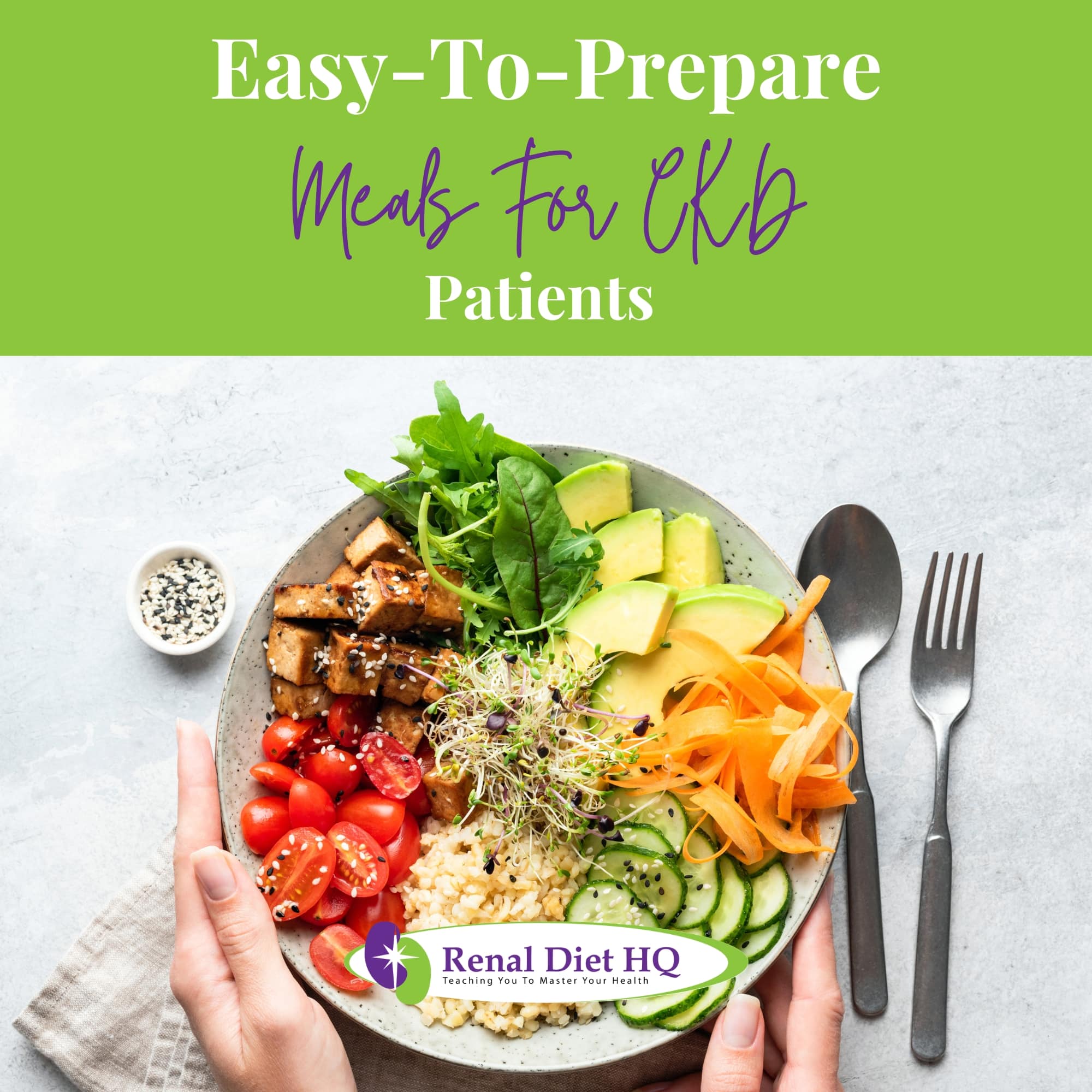
Easy-to-Prepare Meals for CKD Patients
When you're managing CKD, preparing meals might seem daunting, especially when your appetite is low. However, there are quick, easy-to-prepare meals that can help ensure you're getting crucial nutrients without spending too much time in the kitchen.
Also, freezing prepared meals can be a game-changer, providing you with ready-to-eat, kidney-friendly options when you're not in the mood to cook.
Quick Meal Ideas
Quick and kidney-friendly meal ideas for Chronic Kidney Disease patients can help simplify meal preparation while adhering to dietary restrictions. Here are some options:
- Grilled chicken salad: Combine grilled, skinless chicken breast with fresh leafy greens and a sprinkle of olive oil and balsamic vinegar. Add low-potassium vegetables like cucumbers and bell peppers for extra flavor.
- Veggie omelet: Whip up an omelet with egg whites and low-potassium vegetables like spinach, mushrooms, and onions. Top it with a sprinkle of low-sodium cheese.
- Tuna salad sandwich: Mix canned tuna with mayonnaise or yogurt, and add diced celery and onions for flavor. Serve on whole grain bread with lettuce and tomato.
- Rice and beans: Cook white rice (lower in potassium) and pair it with kidney-friendly canned beans. Season with herbs and spices for added taste.
- Baked salmon: Season a salmon fillet with herbs and bake. Serve with a side of steamed asparagus and quinoa. (Is asparagus good for your kidneys?)
- Low-potassium pasta: Choose pasta with lower potassium content and toss it with a kidney-friendly tomato sauce, ground turkey, and a side of green beans.
These meal ideas are quick, easy to prepare, and cater to the specific dietary needs of CKD patients, making meal planning more manageable while supporting overall kidney health. Always consult a dietitian for personalized recommendations.
Freezing Prepared Foods
Frozen ready-to-eat meals can significantly simplify life for individuals with Chronic Kidney Disease, especially when appetite loss is a concern. These meals offer convenience, ensuring that essential nutrients are still consumed during periods of reduced appetite. They can be a practical solution for CKD patients, as they are both hassle-free and nutritious.
Some examples of CKD-friendly meals that can be pre-prepared and frozen include:
- Low-sodium vegetable soup: Packed with kidney-friendly vegetables like carrots, celery, and green beans.
- Baked chicken breast: Seasoned with herbs and spices, along with a side of roasted low-potassium vegetables.
- Bean stew: A mixture of kidney beans, low-sodium tomato sauce, and spices, served with a small portion of cooked rice.
- Quinoa salad: A blend of cooked quinoa, chopped cucumbers, bell peppers, and a vinaigrette dressing, topped with a small portion of low-potassium cheese.
- Lean turkey meatballs: Prepared with breadcrumbs, egg whites, and herbs, served with a kidney-friendly tomato sauce and whole grain pasta.
These pre-prepared and frozen meals are not only convenient but also tailored to meet the dietary needs of CKD patients, ensuring they receive essential nutrients even when their appetite is compromised. Always consult a dietitian or healthcare provider to customize meal choices according to individual requirements.
Navigating Soup and Pasta Options
When it comes to managing your CKD diet, soup and pasta can be excellent choices. Renal-friendly soups provide nourishment and hydration, while pasta can be a versatile base for various kidney-safe ingredients.
Let's explore some soup and pasta options that aren't only delicious but also align with your dietary needs.
Renal-friendly Soup Choices
Renal-friendly soups are excellent choices for managing appetite in Chronic Kidney Disease while providing essential nutrients. Some options include:
- Vegetable soup: Made with low-potassium vegetables like carrots, green beans, and onions, this soup is not only flavorful but also rich in vitamins and fiber to support overall health.
- Chicken noodle soup: Prepared with skinless chicken breast and low-sodium broth, this soup offers a good source of protein and can help maintain energy levels.
- Potato leek soup: This soup can be made with limited amounts of leeks, potatoes, and low-potassium broth, providing a comforting and filling option.
- Minestrone soup: Featuring kidney-friendly vegetables, whole wheat pasta, and a low-sodium tomato base, this soup offers a balanced mix of nutrients.
- Mushroom barley soup: Prepared with limited mushrooms and low-phosphorus barley, it is a satisfying and nutritious choice.
Renal-friendly soups can be seasoned with herbs and spices to enhance flavor while keeping sodium in check. These options can help individuals with CKD manage appetite issues while ensuring proper nutrition. Consult a dietitian for personalized recommendations based on individual dietary restrictions and preferences.
Kidney-safe Pasta Alternatives
For CKD patients with a low appetite, kidney-safe pasta alternatives can provide variety and nutrition. Consider these options:
- Lower-protein pasta: Look for pasta products made from legume flours or grains lower in protein, such as rice or corn pasta. These can be easier on the kidneys.
- Zucchini noodles (zoodles): Spiralized zucchini is a low-potassium and low-sodium alternative that can be enjoyed with kidney-friendly sauces.
- Spaghetti squash: When cooked, the flesh of spaghetti squash can be scraped into noodle-like strands. It's a nutritious, low-carb option for pasta dishes.
- Shirataki noodles: Made from konjac yam, these are low in phosphorus and potassium and have minimal protein content.
- Egg noodles: Choose egg noodles made with egg yolks only, which can be lower in phosphorus levels.
Pair these pasta alternatives with kidney-friendly sauces and herbs to enhance flavor without overloading on sodium or potassium. These choices can help CKD patients with low appetite enjoy pasta while accommodating their dietary restrictions. Always consult a healthcare provider or dietitian for personalized dietary advice.
Frequently Asked Questions
Signs of malnutrition in Chronic Kidney Disease may include unintentional weight loss, muscle wasting, weakness, fatigue, reduced appetite, and nutrient deficiencies. You might experience brittle nails, dry skin, or delayed wound healing. Protein-energy wasting is common, leading to compromised overall health.
Regular monitoring by a healthcare provider and consultation with a registered dietitian are essential to address these signs, prevent further complications, and develop a personalized nutritional plan to manage CKD effectively.
To increase protein intake without worsening your kidney condition, focus on high-quality, low-phosphorus protein sources. Opt for lean options like skinless poultry, fish, and egg whites. Limit or avoid red meat and processed meats, which are higher in phosphorus.
Incorporate plant-based proteins such as beans, tofu, and legumes, as they are usually lower in phosphorus and potassium. Consult with a registered dietitian who specializes in kidney disease to tailor your protein intake to your specific CKD stage and dietary requirements, ensuring that it supports your kidney health.
Exercise, in general, can stimulate appetite by increasing metabolic rate and promoting a sense of well-being. Light to moderate activities like walking, yoga, and swimming can be beneficial for CKD patients. However, the choice of exercise should be personalized based on individual fitness levels and overall health.
Consult your healthcare provider and consider consulting a physical therapist for safe exercise recommendations, especially if you have specific CKD-related complications like muscle wasting or fatigue that need to be addressed through physical activity.
Yes, the stage of Chronic Kidney Disease significantly influences the type and amount of food you should consume. As CKD progresses, dietary recommendations change, particularly regarding protein, sodium, potassium, and phosphorus intake.
Healthcare providers and registered dietitians will adjust your dietary plan based on your CKD stage to manage the condition effectively, slow its progression, and prevent complications. Regular monitoring and consultation with a healthcare team are essential to tailor your diet according to your specific CKD stage and individual health needs.
It’s Not Uncommon To Be Tired And Lose Your Appetite On A Renal Diet
Use the tips above for what to eat when you don’t feel like eating to stay as healthy as possible when this happens.
Losing your appetite can make you feel sluggish and cause stomach discomfort, just like chronic kidney disease can, but the important part is not letting this keep you down and feeling this way. Try these healthy foods and tips to get your energy, appetite, and body back on track.






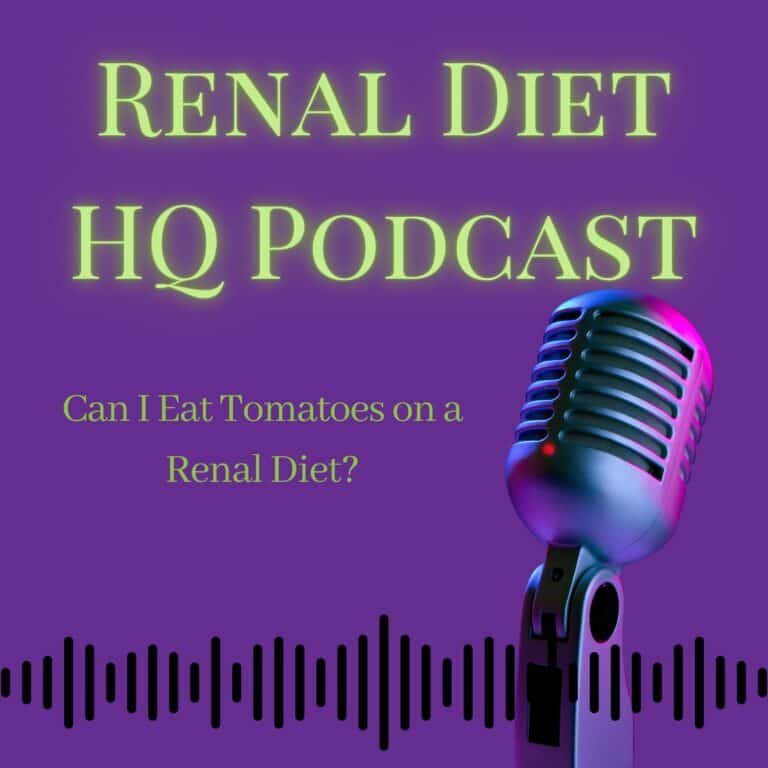
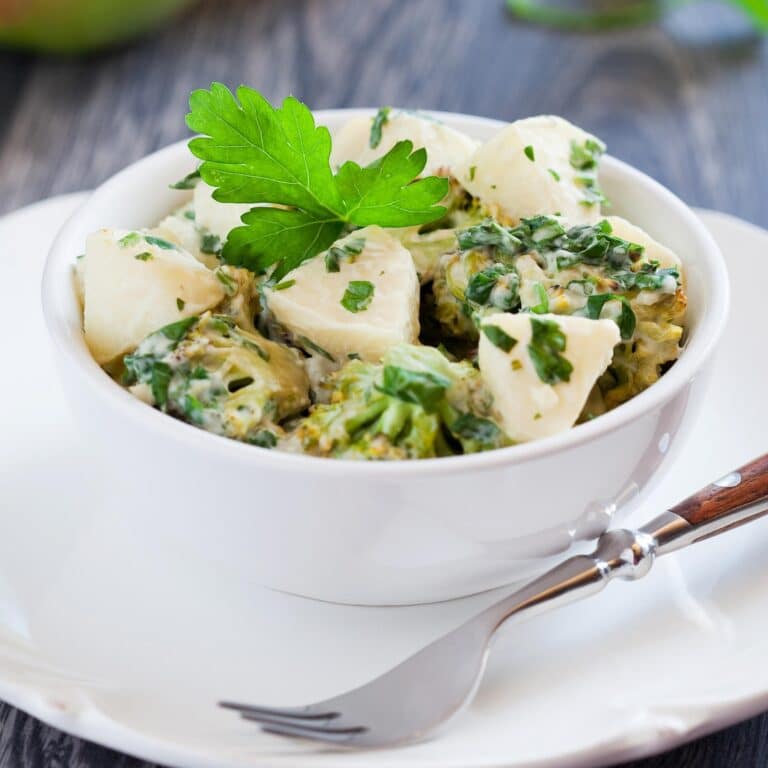
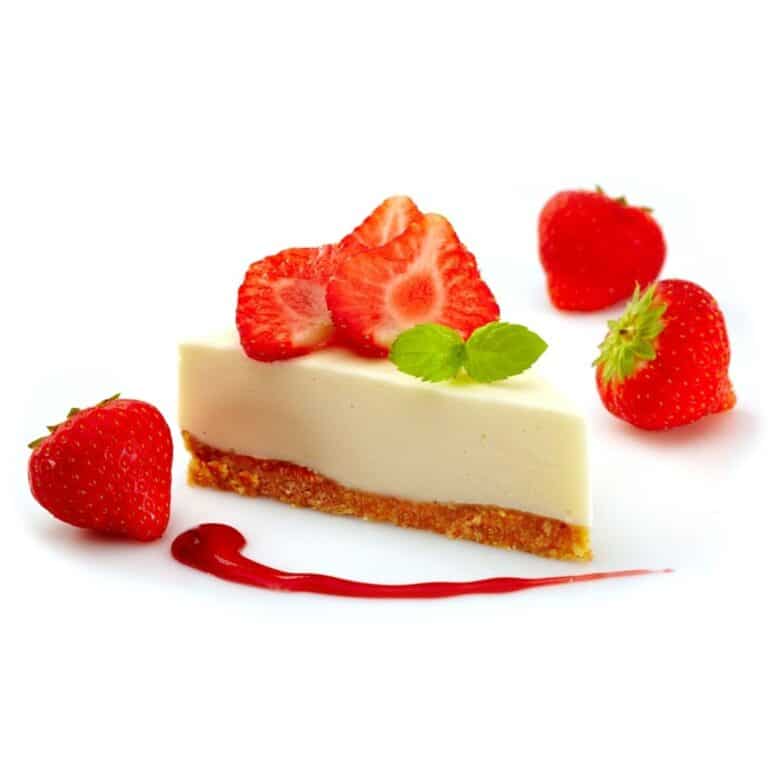
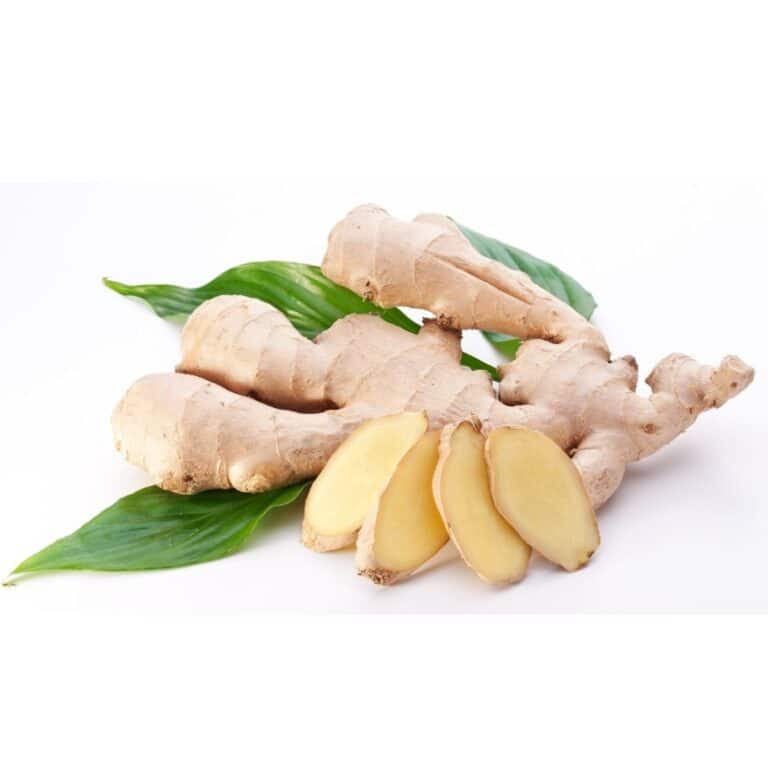
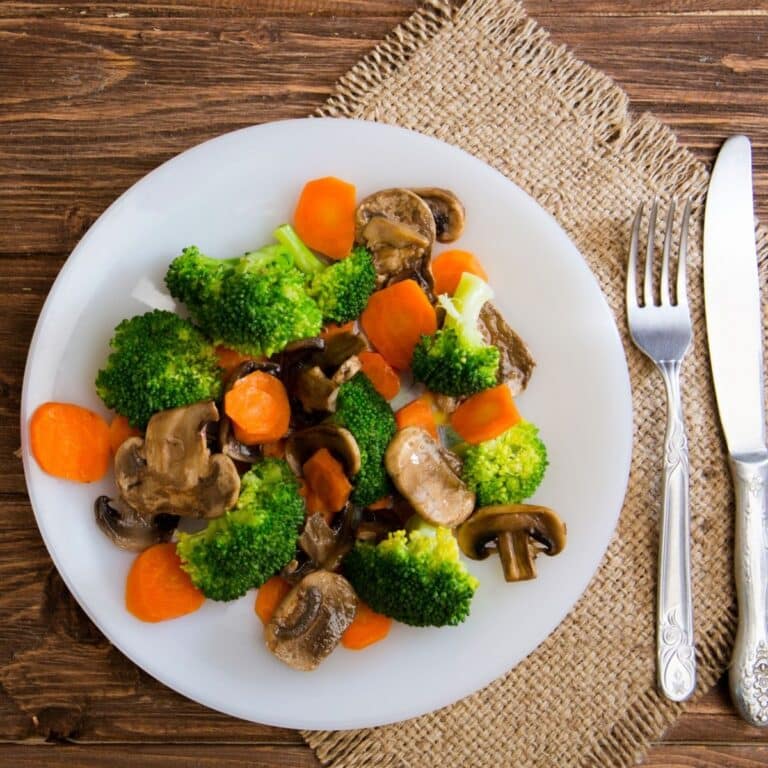



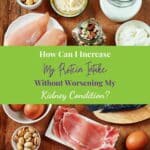
This is very true and helpful. I cook chicken in crock pot and add pasta for last 1/2 hour of cooking. I can then use the pasta and chicken as soup or make pasta salad for another dwy with left overs.
Thanks for this information. Have a great day. Jan